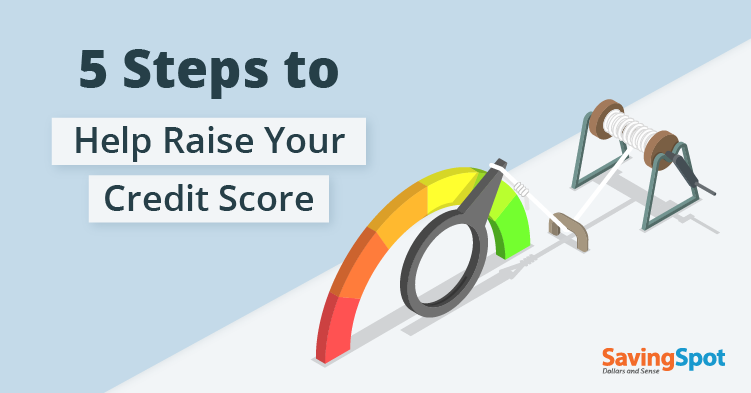Your credit score is composed of several different components from your recorded credit report, including payment history, amount owed, credit mix and new credit. Since there are multiple factors at play, credit scores tend to fluctuate over time. However, if you recently noticed a credit score drop, it’s a good idea to review your financial situation to help prevent it from decreasing further. Read our guide to learn what to do if your credit score went down.
Assess Your Credit Report
Whether or not you know why your credit score decreased, it’s important to review your full credit reports from each of the major credit reporting bureaus to get a better picture of your financial health. The major bureaus — including TransUnion, Equifax and Experian — may not have the same data and your credit scores can vary between them. You can access your full reports directly from each of the credit bureaus.
Carefully review your credit report by combing through each section in order to view the data affecting your score. Additionally, you should also ensure there are no reporting errors. Although mistakes and identity fraud are rare, they can appear on your report and affect your credit score. If you notice a reporting error, follow the steps to dispute the error as soon as possible.
Aim to Make On-Time Payments
Your payment history has the biggest impact on your credit score. If you regularly make payments on time and in full, you can improve your credit score over time. On the other hand, late or missed payments can cause your credit score to decrease.
If you know that you will be unable to make an upcoming payment on a financial responsibility, like a loan or credit card, you may be able to work out a payment arrangement with your creditors. Although specific lenders vary, some may be able to grant a temporary payment deferment or forbearance that can help you protect your credit score. In order to see if you qualify, contact your creditor(s) directly.
Watch Your Revolving Credit Balance
Your amount owed, or revolving credit usage ratio, has the second-biggest impact on your credit score. A revolving credit usage ratio refers to how much you owe on all revolving credit accounts, including a line of credit and credit card, compared to your total available credit. Using more than 30% of your revolving credit can contribute to a credit score decrease. If you have a revolving line of credit and/or credit card, it’s a good idea to keep your credit usage to less than 30% of your available revolving credit.
Evaluate Your Budget
If you’re having trouble making payments or are using too much revolving credit, it’s a good idea to review your budget. Although your income is not used to calculate your credit score, budgeting errors can contribute to a credit score decline. Read our guides to learn more about tracking your spending, creating a budget or adjusting your budget for a reduced income.
Sign Up for Credit Monitoring
Credit monitoring services are great supplementary tools to help you stay on top of new activity on your credit report. You can use a free service like the Experian credit monitoring tool or check with your bank to see if they offer a similar tool. However, it’s important to note that these services typically do not monitor all of the major credit reporting bureaus, so it’s still important to regularly review your full reports.




